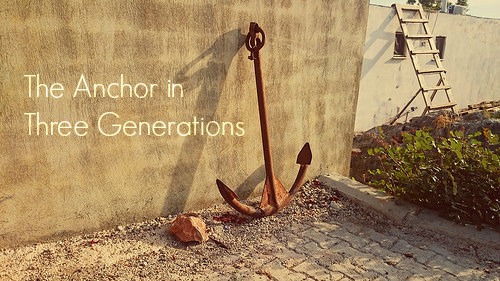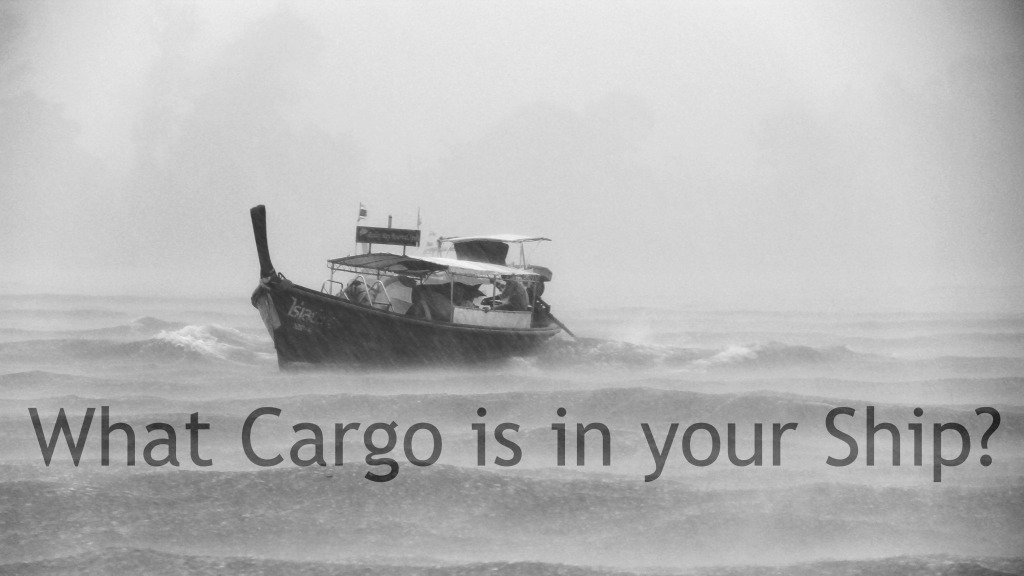Anchored to God’s Word:
“Forever, O Lord, thy word is settled in heaven” (Ps 119:89).
“Wherewithal shall a young man cleanse his way? by taking heed thereto according to thy word” (Ps 119:9).
“Thy word have I hid in mine heart, that I might not sin against thee” (Ps 119:11).
Anchored in Consistent Spiritual Disciplines:
- Prayer
- Fasting
- Bible Reading
- Church attendance
Anchored in Godly People:
- Parents
- Family
- Friends
- Ministers
Timothy was anchored in his godly heritage. “When I call to remembrance the unfeigned faith that is in thee, which dwelt first in thy grandmother Lois, and thy mother Eunice; and I am persuaded that in thee also” (2 Tim 1:5).
Anchored to the Altar:
One of my favorite Scriptures, prayed and acted upon daily is: “I beseech you therefore, brethren, by the mercies of God, that ye present your bodies a living sacrifice, holy, acceptable unto God, which is your reasonable service. And be not conformed to this world: but be ye transformed by the renewing of your mind, that ye may prove what is that good, and acceptable, and perfect, will of God” (Romans 12:1-2).
It’s my daily prayer. At times I drag myself on to that altar. Sometimes I fall off. What do I do? Pull myself back on to the altar again. God is concerned about my availability and willingness to be a living sacrifice. Paul felt it was so important that He begged us to offer our lives daily.
Here’s my advice and practice about altar calls. Be a first-responder. Every time! It a life-altering experience.
John Trent, author of Heart Shift, and a professional counselor, tells of a plane trip where he sat beside a NASA petroleum engineer. He took advantage of the opportunity to ask the missile scientist, “How many degrees can a space rocket be off before it becomes a huge problem? Could it be two degrees off?”
The man pulled out his calculator and started punching in numbers. “To be two degrees off from when you blast off, and taking into consideration the time and distance traveled, you’ll miss not only your point of orbital entry, but you’ll miss the moon by 11,121 miles.”
Trent goes on to say, “Just be two degrees off from the right heart attitude, add in enough time and distance, and an entire church can end up miles from God’s heart.”
Just a two degree shift in doctrine and convictions can cause change for the worse, pulling the church away from God.
Just a two degree shift in doctrine and convictions can cause change for the worse, pulling the church away from God.
And a two degree shift toward correct doctrine and appropriate convictions can bring a church closer to God. “Even small shifts in a positive direction could move a person from ruin to renewal.”




